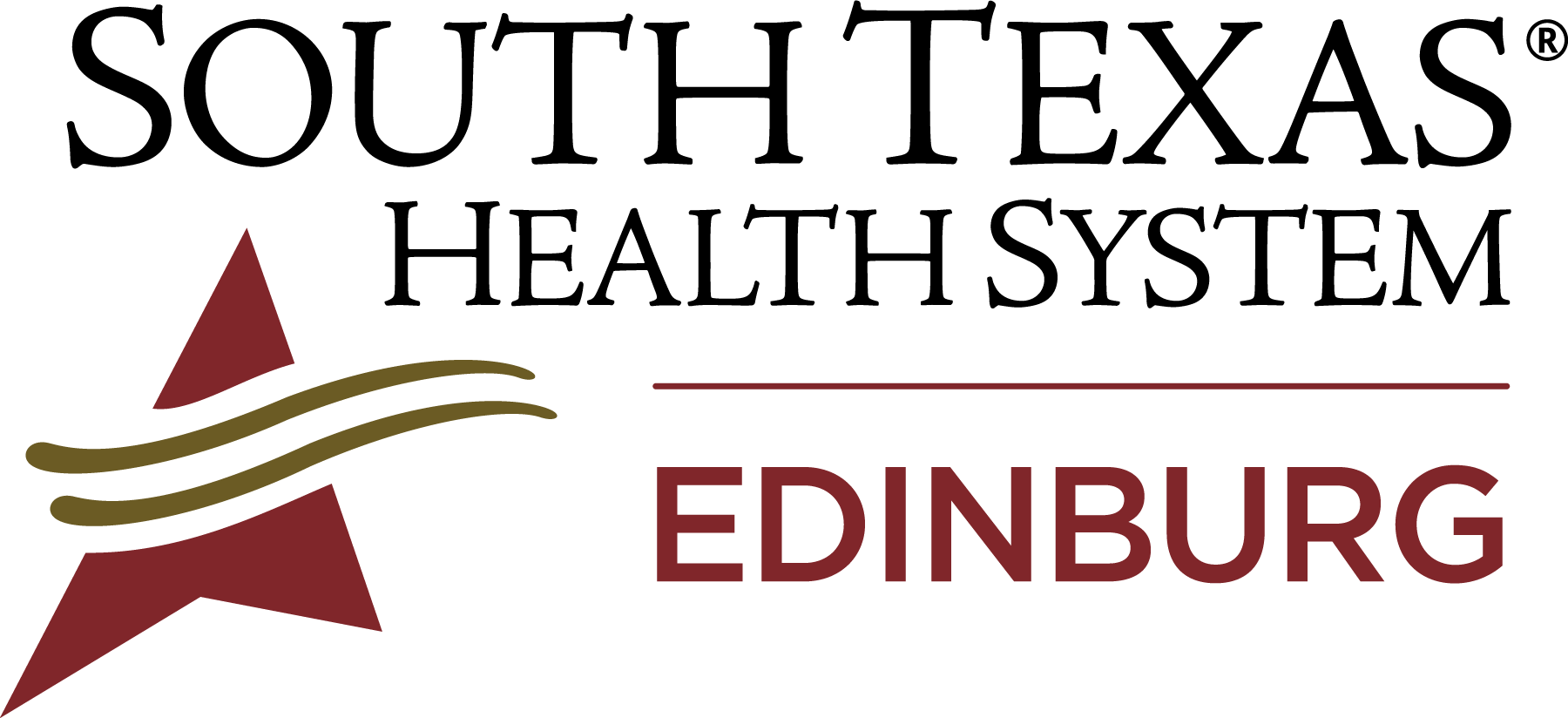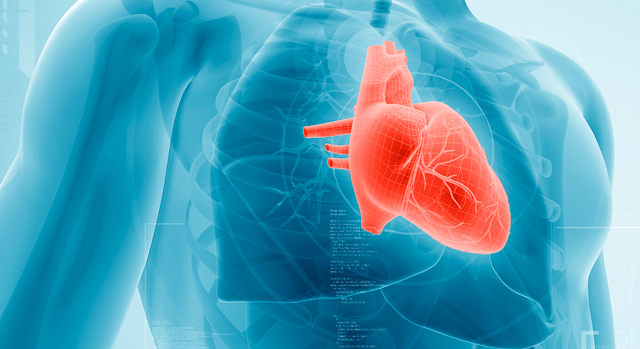Treating Heart Disease
Cardiovascular disease is the leading cause of death in the United States, according to the Centers for Disease Control and Prevention. Cardiologists and other specialists at South Texas Health System Edinburg provide a wide range of services for diagnosing and treating heart conditions such as triple aortic aneurysm, abdominal aortic aneurysm (AAA) and more.
Heart Health Risk Assessment
How strong is your heart? This health assessment can help you discover important information about the health of your heart.
Start your heart health risk assessment now
Peripheral Artery Disease Assessment
PAD doesn't have to stop you in your tracks. Learn which foot and leg symptoms may be signs of PAD, and whether you should be screened.
Find a Doctor
To find a cardiologist or other doctor that's right for you, call the South Texas Health System Reserve and Learn line at 800-879-1033.
Accredited Chest Pain Center
South Texas Health System Edinburg is Chest Pain certified by The Joint Commission for its care and treatment of patients who present symptoms of a heart attack. The care for patients starts from the first symptoms and continues through discharge from the facility.
Patients who need catheterization are medically stabilized and sent to a facility such as South Texas Health System Heart, that performs interventional cardiac procedures and features heart specialists, cardiac rehabilitation therapists and more.
High Performing Hospital in Heart Attack, Heart Failure, Arrhythmia and Pacemaker Implantation
U.S. News & World Report has rated South Texas Health System Edinburg as “High Performing” for 2025-2026. “High Performing” represents hospitals rated in the top 10% for this area of care.

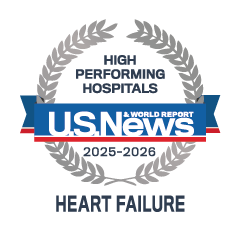
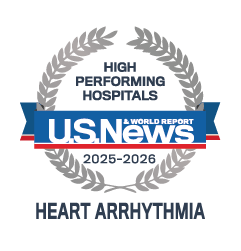
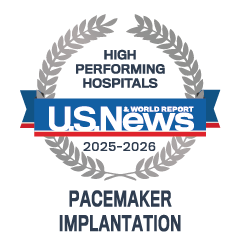
The evaluation of South Texas Health System Edinburg includes data from South Texas Health System Edinburg, South Texas Health System Children's, South Texas Health System Heart, South Texas Health System McAllen and South Texas Health System Behavioral.
Understanding Heart Failure Class
Join us to learn about heart failure and other topics, including medications, low sodium diet, fluid intake and more. The class is free to attend and materials are free of charge.
Pacemaker Devices
A permanent pacemaker is a small device that is implanted under the skin that sends electrical signals to start or regulate a slow heartbeat. It can also make the heart beat if the heart's natural pacemaker is not functioning properly or if the electrical pathways are blocked. These devices send small electrical impulses to the heart muscle in order to maintain a suitable heart rate and are effective for most patients.
Pacemaker insertion is often an outpatient procedure, done in the cardiac catheterization laboratory, or the electrophysiology laboratory. The patient is awake during the procedure, although local anesthesia is given over the incision site, and generally sedation is given to help the patient relax during the procedure.
Implantable Cardioverter Defibrillators
An implantable cardioverter defibrillator (ICD) uses electrical pulses to treat life-threatening arrhythmias that occur in the heart's lower chambers. The ICD monitors your heart rhythm and will use electrical pulses to restore a normal rhythm if it detects an irregularity. If the pulses are unable to restore the rhythm, it will use high-energy pulses.
People who are at high risk for a ventricular arrhythmia are candidates for an ICD. Minor surgery is done to place the ICD inside the chest.
Find a Doctor
To find a cardiologist or other doctor that's right for you, call the South Texas Health System Reserve and Learn line at 800-879-1033.
